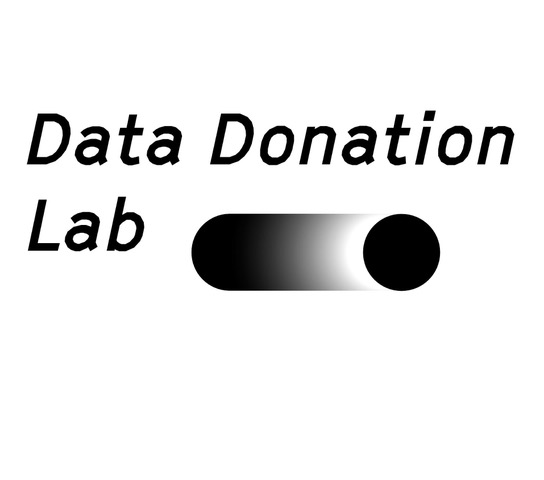Data Donation Lab
research areas
timeframe
2021 - 2024
contact
datadonation@ikmz.uzh.chData Donation Framework
Whenever people use digital services or interact with digital devices in their daily lives, they leave behind a trail of digital trace data. These data hold great potential for research across different domains as they contain granular information about human behaviour. However, gaining access to these digital trace data remains a challenge for researchers.
In this respect, data donation is a promising approach that has gained momentum in recent years. So far, the potential of this approach remains largely untapped due to a lack of established best practices and standardized solutions. In this project, we therefore develop a data donation framework that can guide the collection of data donations and serve as a foundation for the development of data donations tools. Whenever people use digital services or interact with digital devices in their daily lives, they leave behind a trail of digital traces. These digital trace data hold great potential for research across different domains, as they contain observations of human behaviour that could not be obtained before by traditional research methods. Examples for such digital trace data are GPS-logs saved on smartphones, usage histories of different digital media platforms, browser histories, or health data recorded on smartwatches.
Accessing Digital Trace Data through Data Donations by Citizens
When working with digital trace data, researchers face the challenge of how to gain access to these data. One approach to this problem is to ask study participants to export and donate their personal data and provide them for a specific research project. In this regard, the European Union’s “General Data Protection Regulation” (GDPR) that was put into effect 2018, gives the user of digital services the right of data access and data portability. This means that the users of digital services have the right to request and download all personal data stored about them by a provider. To comply with these regulations, service providers such as Google, Apple or Facebook have implemented tools that provide their users with the possibility to easily download all data stored about them in a structured format. Furthermore, users have the right to transfer the downloaded data to another party, for example researchers. Therefore, the main challenge is not the export of the digital trace data by the users, but to find an efficient way for them to donate/share this data with researchers in an ethical, transparent, and consensual manner.
Collecting Data Donations
When collecting data donations for a specific research project, the prototypical data collection sequence looks as follows:

So far, there is no established, easily accessible tool that can be used for the collection of digital data donations. Therefore, most research groups building on these data to answer their research questions have to find own solutions which ultimately means investing time and financial resources to build a data collection tool that might only be used for one specific project. To address this problem, in this project we develop a holistic data donation framework that not only takes into account the technical implementation to collect such donations, but also incorporates the legal, ethical, psychological and epistemological considerations related to a data donation:

Data Donation Lab
As a result, the Data Donation Lab has been founded to promote data donations as a methodological approach to collect digital trace data for academic research. As such, the lab provides a platform for transdisciplinary knowledge aggregation and dissemination around the topic as well as an infrastructure to collect data donations based on the Data Donation Module which was developed as part of the initiative.
Background
Digital trace data provide great opportunities for researchers but getting access to these data remaines a challenge for academic researchers.
Research Questions
What are the requirements for a consensual, transparent, and user-friendly data donation process that can be used by researchers from various disciplines?
Project Aim
Development of a data donation framework taking into account technical, legal, ethical, psychological and epistemological considerations.



